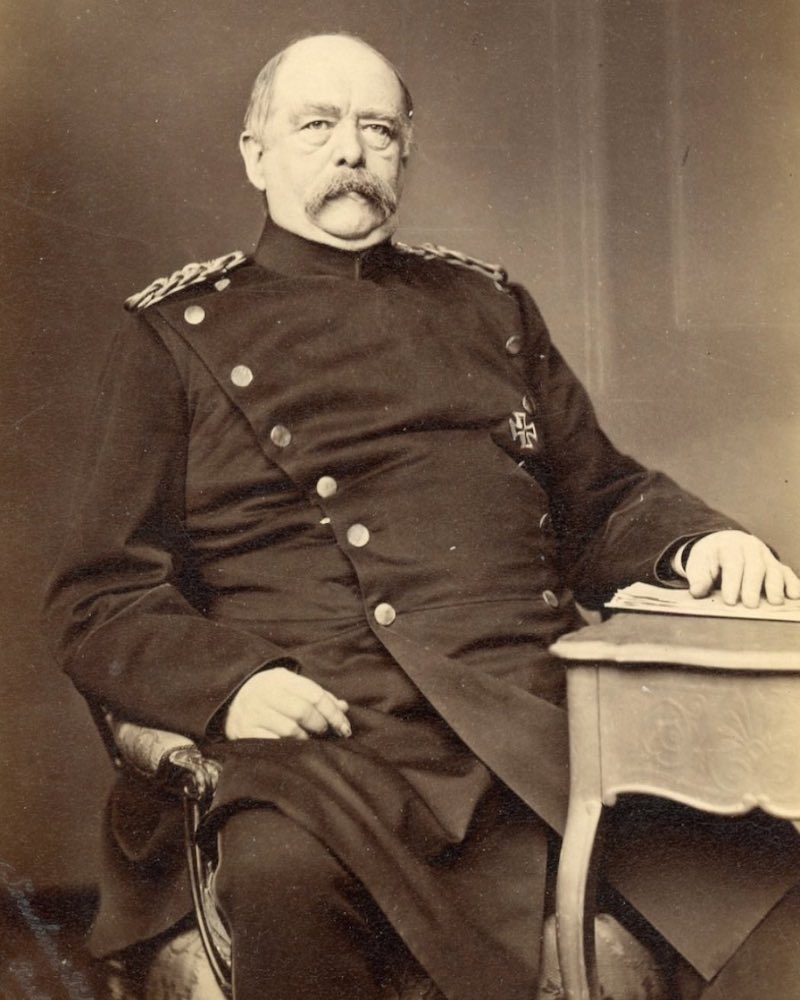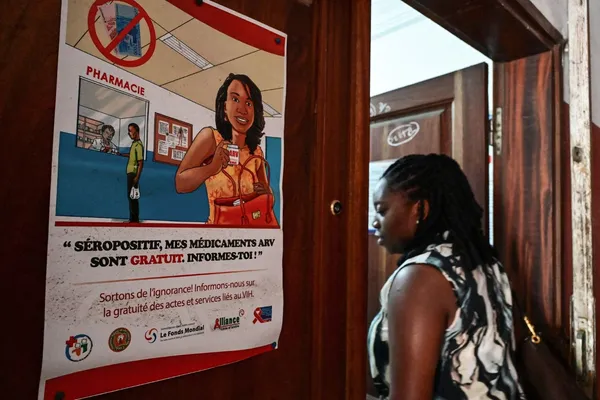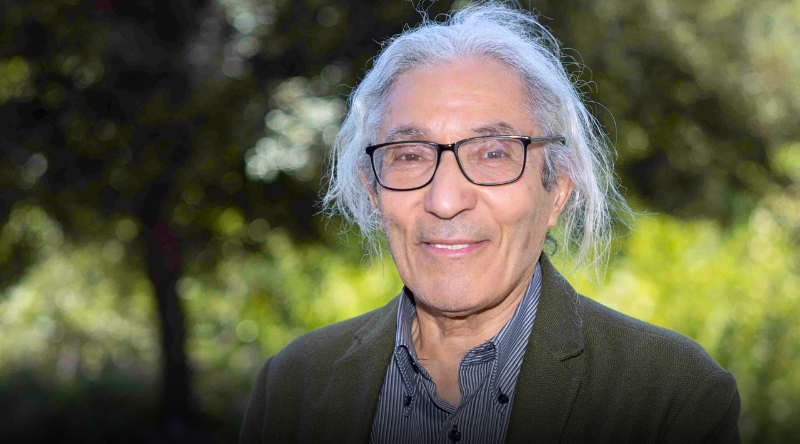On 15 November 1885, the world witnessed a seismic shift in the fate of Africa at the Berlin Conference, orchestrated by Count Otto von Bismarck, the Iron Chancellor of Germany. A gathering of Europe’s most powerful imperialists sealed the fate of a continent, charting a course that would standardize Africa’s political, economic, and social ecosystems into perpetual servitude to foreign metropolitan powers.
Yet, this historic moment in Berlin was but a political formalization of a deeper tragedy – the continuation and institutionalization of over three centuries of trans-Atlantic slavery. From as early as 1526, millions of Africans were uprooted, dehumanized, and scattered across the globe as chattel, creating diasporic communities burdened with a legacy of suffering and subordination. Those who remained in Africa fared little better, subject to colonial rule and forced dependency.
The Berlin Conference was not merely a diplomatic exercise. It was the ultimate expression of what we now call the “Berlinization” of Africa: the intellectual, political, and spiritual dismantling of African civilization, the segmentation of African societies into artificial boundaries, and the imposition of foreign governance structures alien to indigenous African systems.
As the post-colonial era dawned, Africa’s long-awaited “liberation” arrived shackled to neo-colonialism. Independent African states inherited forms of governance, economic models, and even cultural paradigms shaped by external forces, rooted in the Westphalian model of statehood and capitalist dependency. The promises of sovereignty were quickly undermined by the residual effects of Berlinization — divided peoples, interrupted intra-African relations, and the entrenchment of foreign-imposed identities: Francophone, Anglophone, Lusophone, etc.
De-Berlinization seems not merely a reversal of colonialism, but a philosophical reawakening. It is a call to strip away the layers of foreign impositions, to reconnect the scattered peoples of African origin — in Africa and across the Diaspora — and to reimagine Africa’s destiny on its own terms. To do so, we must begin by confronting the very foundations of Berlinization: the intellectual dependence, the fractured communication between African communities, and the inherited state structures that continue to impede genuine cooperation and collective development.
As the world undergoes seismic shifts in global diplomacy and power dynamics, Africa must seize the present moment. The articulation of national self-interest by major global actors, as recently voiced by U.S. Secretary of State Marco Rubio, underscores the necessity for Africa to define, articulate, and pursue its own best interests as a unified people.




